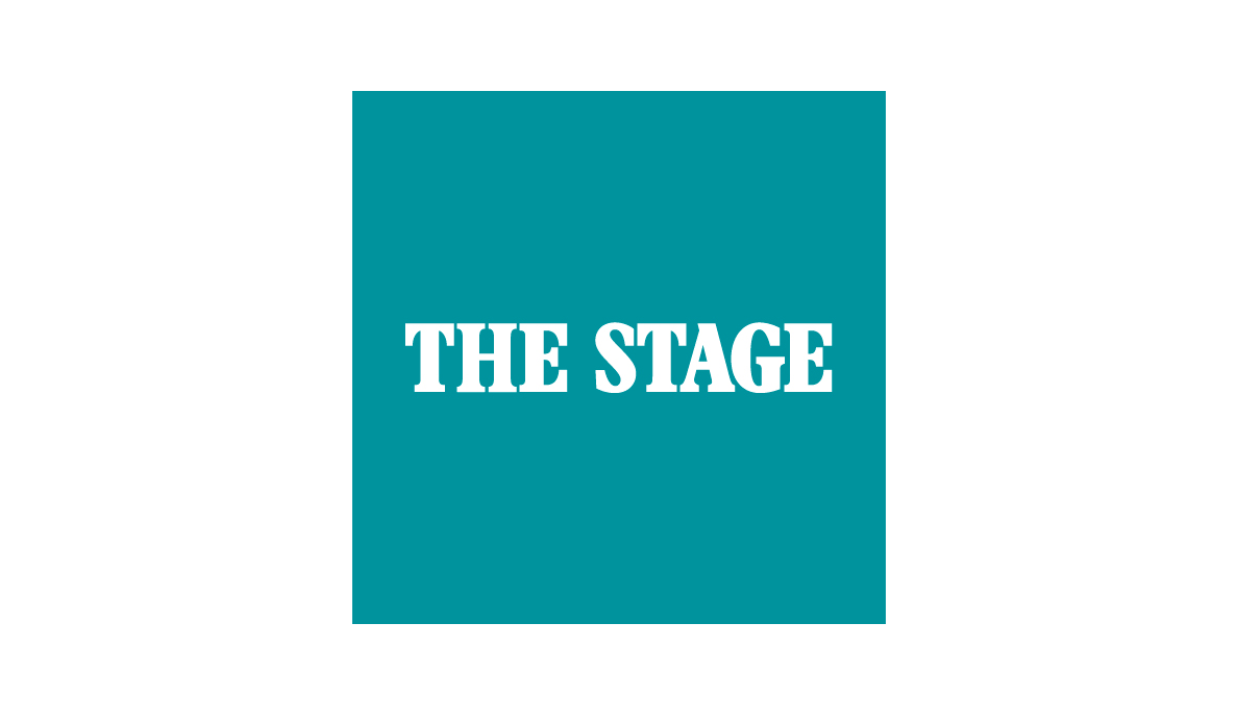Creative Access and FleishmanHillard UK Research Found 77% of Those in the Creative Industries Feel They Must Change Their Accents at Work to be Taken More Seriously
Creative Access, a leading social enterprise specialising in diversity and inclusion across the creative industries, and global communications agency FleishmanHillard today launched the Language of Discrimination Report. The report reveals the impact of accent bias within the creative industries, and how those affected are feeling under pressure to change their accents to advance in their careers and appease management and clients.
The report draws on a survey of 301 members of the Creative Access community, and a nationally representative survey of 2,000 UK adults based on age, gender, region, ethnicity, sexual orientation and socio-economic status.
For an industry with language as its main product, the research found that accents continue to be seen as a marker of class, education and background – impeding talented individuals’ access to, and progression within, the industry. Over three quarters (77%) of respondents working in the creative industries have felt they had to change their accents in the workplace – specifically when dealing with clients.
Official statistics state that over two million people across the UK work within the creative industries, however according to research from the PEC over half (52%) of the creative industry workforce is from high socio-economic backgrounds, compared to 38% across all industries.
With social mobility remaining an acute issue within the creative sector, addressing the issue of accent bias is a key step in driving more inclusivity. Recent research conducted by experts from the Universities of Manchester, Edinburgh and Sheffield reveals that class inequalities within the creative sector had not evolved since the 1970s. It highlighted data from the Office of National Statistics that outlined 16.4% of creative workers born between 1953 and 1962 had a working-class background, but that had fallen to just 7.9% for those born four decades later.
Today’s report highlights that many in the creative industries, as well as the UK at large, have felt prematurely and subconsciously judged because of their accent and manner of speech in formal, workplace scenarios.
Some key responses from Creative Access community members, include:
Pressure to adapt:
- 35% were told to change their accents when speaking to customers or clients, compared to 21% of the surveyed general population
- 89% believed that others had made subconscious judgements about them based on their accent or how they speak, compared to 65% among the general population
- 62% were taught from an early age by teachers they must ‘speak better’ to be successful
Impact on career progression:
- 90% agree that those who speak in Received Pronunciation are more likely to be hired and promoted within the PR and Communications industry
- 87% agree there are barriers to entry in PR and Comms depending on your accent and voice, compared to 32% of the working UK adult population
- 60% agreed they had to change their accents to progress their career, compared to 25% of the UK population
Lack of diversity and inclusion:
- 81% of the Creative Access community respondents code switch (changing behaviour to match your peers) for a number of reasons, most notably to be taken more seriously (67%)
- 69% agree they do not hear many people with accents and voices like theirs in the workplace
- 89% agree that their voice and accent affect how they are perceived in the PR and Communications industry specifically, compared to 41% of the working population
Elonka Soros, Development Director at Creative Access: “The emotional labour of frequent code-switching – the change in one’s behaviour to match their peers – remains an issue in the industry not just in how it impacts the quality of the work produced, but more importantly on the wellbeing of employees. For those who constantly change their manner of speech, a core part of their identity, it leads to higher rates of burnout and anxiety, highlighting the need to foster more inclusive environments for diverse voices.”
Ben Levine, Senior Partner and Head of the UK socio-economic employee resource group at FleishmanHillard: “Accent bias won’t go away on its own. There’s always more we can do as individuals, and as an industry, by fostering inclusivity among our ranks. Be it by adapting blind recruitment processes further, checking our own internalised biases or by calling out remarks about our colleagues’ accents, we can create a more welcoming workplace. Thanks to our partners at Creative Access, we can have those honest conversations and reflections, and take them in our stead to bring in, keep and nurture the diverse voices our industry needs.”
Today’s research supports the findings of The Sutton Trust’s Speaking Up report, which revealed that public attitudes to different accents have remained unchanged over time. Its findings revealed that Received Pronunciation remains the dominant accent in positions of authority across the media, despite less than 10% of the population estimated to have this accent, exclusively from higher socio-economic backgrounds.
About FleishmanHillard
FleishmanHillard specializes in public relations, reputation management, public affairs, brand marketing, digital strategy, social engagement and content strategy. FleishmanHillard was named 2021 PRovoke Global Agency of the Year, 2021 ICCO Network of the Year, 2021 Campaign Global PR Agency of the Year, 2022 PRWeek U.S. Agency of the Year and Outstanding Extra-Large Agency of the Year; 2021 PRovoke APAC Consultancy of the Year; 2021 PRWeek UK Large Consultancy of the Year; Human Rights Campaign Best Places to Work for LGBTQ Equality 2018-2021; and to Seramount’s (formerly Working Mother Media) “Top Companies for Executive Women” list 2010-2021. FleishmanHillard is part of Omnicom Public Relations Group, and has 75 offices in more than 30 countries, plus affiliates in 45 countries.
About Omnicom Public Relations Group
Omnicom Public Relations Group is a global collective of three of the top global public relations agencies worldwide and specialist agencies in areas including public affairs, language strategy, global health strategy and change management. As the largest group of communications professionals in the world, our employees provide expertise to companies, government agencies, NGOs and nonprofits across a wide range of industries. Omnicom Public Relations Group delivers for clients through a relentless focus on talent, continuous pursuit of innovation and a culture steeped in collaboration. Omnicom Public Relations Group is part of the Communications Consultancy Network, a division of Omnicom Group Inc. (NYSE: OMC).




